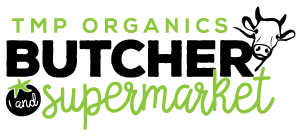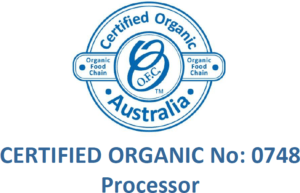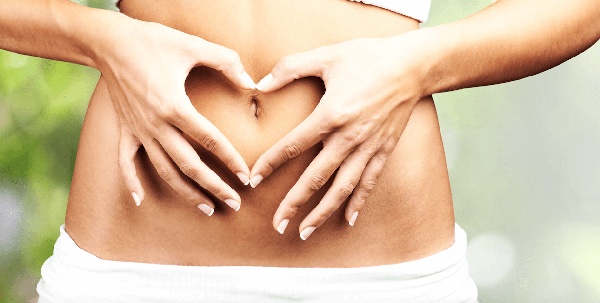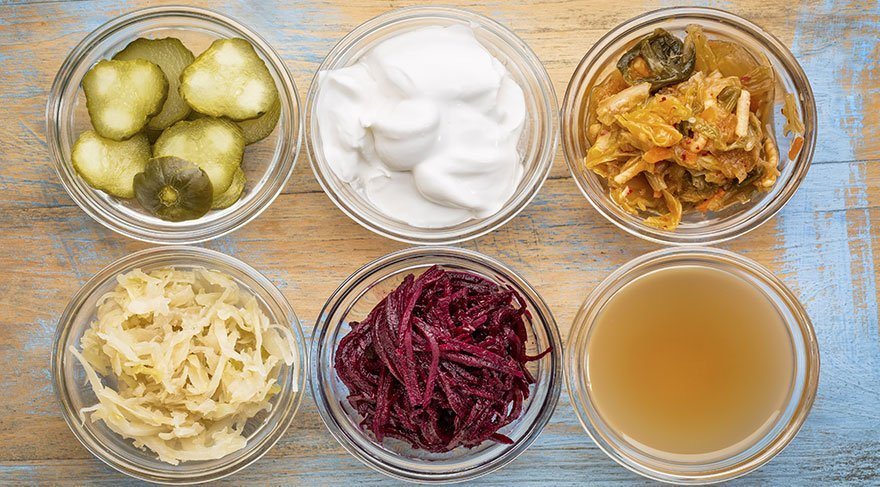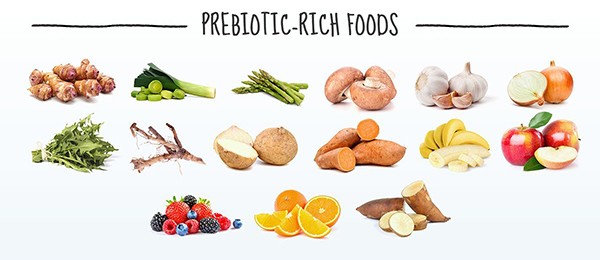You are what you digest, and eating plenty of probiotic- and prebiotic-rich foods is one of the best ways to support digestion and the assimilation of nutrients.
Probiotics are living microorganisms commonly referred to as “good” bacteria. They help keep your digestive system healthy by controlling growth of harmful bacteria. Prebiotics, on the other hand, are non-digestible fibres that stimulate growth of probiotics, acting as food for the good bacteria and enabling probiotics to survive in the bowel.
Healthy Gut, Healthy Mind and Body
Probiotics and prebiotics are essential in maintaining a healthy gut, and a growing amount of research has linked a healthy gastrointestinal tract with overall health.
“If your diet lacks probiotics and prebiotics pathogenic bacteria can flourish, which can lead to poor digestion. This can lead to bloating, flatulence, constipation, diarrhoea, inflammation and damage of the gut lining (which can lead to leaky gut syndrome), candida, and increases susceptibility to infections such as urinary tract infections, colds and flu, allergies and inflammatory disorders,” says nutritionist Lisa Guy. “Having an unhealthy balance of ‘bad’ bacteria in the gut can also affect your emotional health, as a large percentage of our brain chemicals, like serotonin, are made in the gut.”
We’re taught in school that the digestive system is responsible for breaking down foods and converting them into energy and nutrients, but that’s just the tip of the iceberg. The digestive system also constitutes 60-80% of the immune system which means it performs the important role of defending the body against harmful bacteria and viruses.
“Keeping the digestive system healthy is a foundation stone to general health and wellbeing. Having poor digestion will affect the health and functioning of every system in the body- the brain, nervous system, hormonal balance, reproductive system and even the liver’s ability to properly detoxify,” says Guy.
Probiotics
Probiotics are good bacteria that primarily line your gut and are responsible for nutrient absorption and supporting your immune system. They are essential for digestive health. If you don’t have enough probiotics you could be struggling with digestive disorders, skin issues, candida, autoimmune disease and frequent colds and flus.
Top Foods for Probiotics
| – Yoghurt – with live or active cultures such as lactobacillus or bifidobacteria | – Kvass | |
| – Raw cheese – goat’s, sheep’s or A2 cow’s soft cheeses, unpasteurised | – Miso | |
| – Brine-cured olives – organic without sodium benzoate | – Tempeh | |
| – Salted gherkin pickles – organic | – Buttermilk | |
| – Apple cider vinegar | – Sauerkraut | |
| – Sourdough bread | – Kimchi | |
| – Kombucha | – Natto | |
| – Kefir – dairy or coconut |
Prebiotics
Prebiotics are a type of non-digestible fibre compound that pass through the upper part of the gastrointestinal tract and are then fermented by gut microflora in the colon. They can be thought of as “fuel” for the beneficial bacteria that live within your gut.
Top Foods for Prebiotics
| – Under-ripe bananas | – Soy beans | |
| – Raw honey | – Jerusalem artichokes | |
| – Chia seeds | – Psyllium husk | |
| – Flaxseeds | – Whole grain wheat | |
| – Sweet potatoes | – Barley | |
| – Potatos | – Raw garlic | |
| – Whole oats | – Legumes | |
| – Flaxseeds | – Tomatoes | |
| – Green vegetables | – Raw jicama/yam bean | |
| – Raw dandelion greens | – Onions- raw or cooked | |
| – Acacia gum | – Raw leeks | |
| – Raw asparagus | – Raw chicory root |
Health Benefits
Historically, our diet contained plenty of probiotics and prebiotics through consuming fresh foods from good soil and by fermenting our foods to keep them from spoiling. Our modern diet is now lacking in probiotics. We’re more likely to refrigerate than to ferment to preserve our food, which makes sourcing probiotic- and prebiotic-rich foods even more important.
By adding more probiotics and prebiotics into your diet, you could see all of the following benefits:
– Stronger immune system
– Improved digestion
– Increased energy from production of vitamin B12
– Better breath because probiotics destroy candida
– Healthier skin
– Reduced colds and flus
– Healing from leaky gut syndrome, inflammatory bowel disease and IBS
– Weight loss
– Prevent and treat urinary tract infections
– Prevent and treat vaginal yeast infections
– Manage and prevent eczema in children
– Prevent diarrhoea
– Treat certain intestinal infections and chronic disorders like Crohn’s disease and ulcerative colitis
– Reduce the concentration of cancer-promoting enzymes
– Reduce allergies
– Reduce inflammation
– Maintain healthy cholesterol levels and lower risk markers for cardiovascular disease
– Prevent autoimmune diseases
– Balance electrolytes and mineral levels
– Increase satiety levels (feeling full)
– Enhance mineral absorption for stronger bones and osteoporosis prevention
– Hormone regulation and improved moods
What to Avoid
Adding more probiotics and prebiotics to your diet is a great start, but also be mindful that there are “probiotic killers” that you’ll want to avoid whenever possible so that you can reap the full benefits.

– Sugar
– Unfiltered tap water (chlorinated and fluoridated)
– Non-organic meat and dairy that contains antibiotic residues
– GMO foods
– Grains
– Emotional stress
These toxins and stressors can work against your efforts to restore your digestive health. An imbalance of good and bad bacteria in the gut can create a breeding ground for bad bacteria, yeast, viruses, fungi and parasites, so it’s worth reducing as many of these stressors as possible.
Supplementation
There are plenty of probiotic supplements available, but they aren’t all created equal. Many are ineffective and are destroyed by your stomach acid before they can be of any benefit. If you do choose to supplement, make sure you do some research on which brands are optimal.
Fresh organic whole foods and fermented or cultured foods are still the best source of probiotics and prebiotics.
We look forward to seeing you in store soon for all your gut-friendly food!
